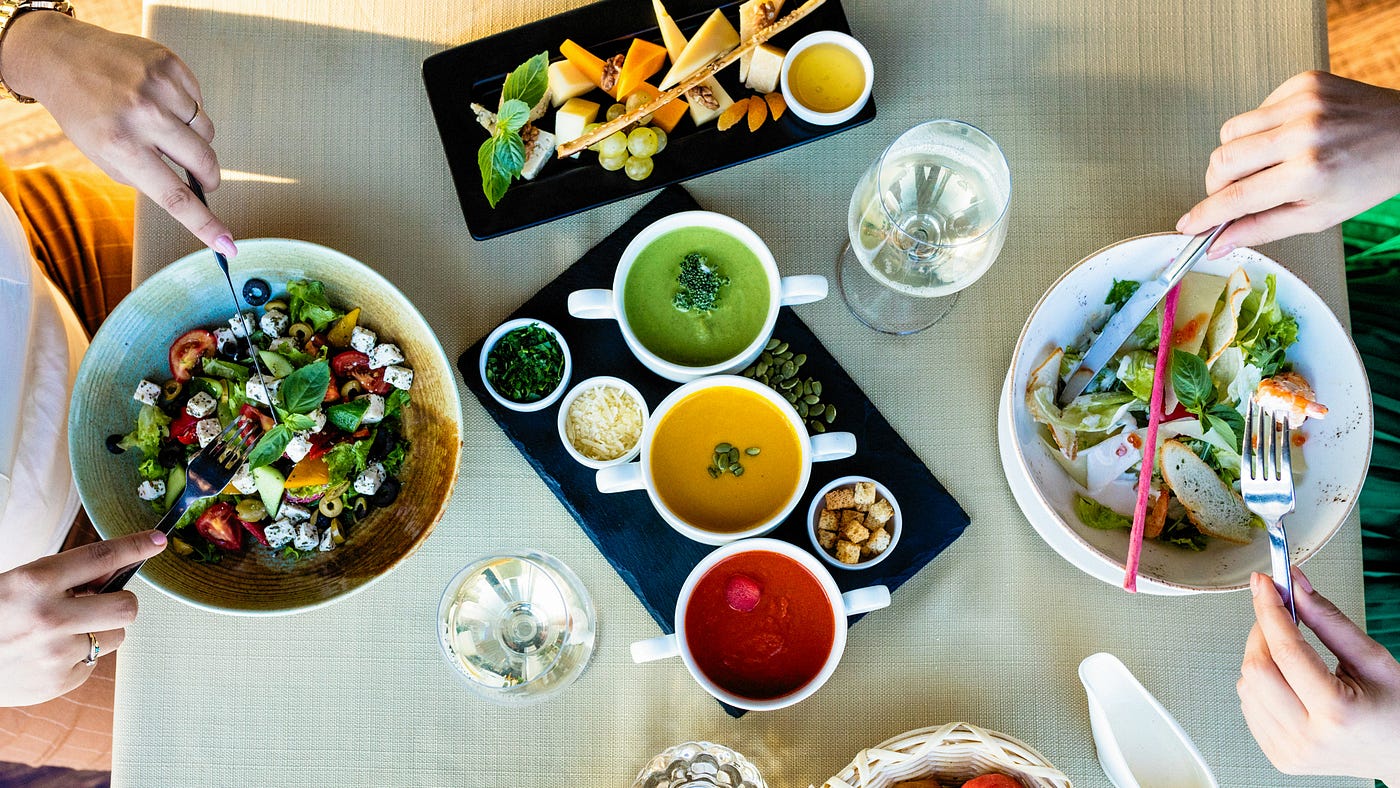Culinary Expeditions: Savoring the World, One Dish at a Time
In 2025, culinary expeditions have become one of the fastest-growing trends in travel. No longer satisfied with traditional sightseeing, travelers are seeking out destinations renowned for unique culinary experiences, using food as a gateway to culture, history, and human connection.
The Rise of Food-Focused Travel
The global fascination with food has transformed how people plan their vacations. Food-focused travel now ranks alongside adventure tourism and wellness retreats as a primary reason to explore new places. Whether it’s savoring street food in Southeast Asia or dining at Michelin-starred restaurants in Europe, travelers are prioritizing taste and authenticity.
Local Cooking Classes Offer Hands-On Experiences
Participating in local cooking classes has become a highlight of culinary expeditions. Travelers are eager to roll up their sleeves and learn how to prepare traditional dishes under the guidance of local chefs. These classes provide not only technical skills but also insights into the ingredients, customs, and stories that shape a region’s food heritage.
Bakery Tours Sweeten the Journey
Another delicious trend is the rise of bakery tours. In cities like Paris, Copenhagen, and Tokyo, travelers embark on guided walks that showcase the best patisseries, bakeries, and artisan bread makers. Sampling pastries, learning about age-old techniques, and meeting passionate bakers offer a sweet, memorable lens into a city’s soul.
Markets Become Cultural Hubs
No culinary expedition is complete without a visit to a local market. Markets serve as the heartbeat of a community, offering a vibrant display of seasonal produce, spices, seafood, and street food. Exploring these bustling spaces allows travelers to connect directly with farmers, artisans, and culinary traditions rooted in the land.
Street Food Tours Bring Authentic Flavors
Street food continues to captivate culinary travelers seeking authentic, accessible flavors. Guided tours in cities like Bangkok, Mexico City, and Marrakech introduce visitors to beloved local specialties, from spicy tacos to fragrant curries. These experiences offer an intimate taste of everyday life that formal restaurants often cannot replicate.
Fine Dining Experiences Elevate the Expedition
While street food thrills the palate, fine dining experiences elevate culinary expeditions to luxurious heights. Many travelers now plan trips specifically around restaurant reservations, aiming to sample avant-garde tasting menus crafted by the world’s top chefs. Gastronomic capitals like Barcelona, Tokyo, and Lima lead the way in culinary innovation.
Food Festivals Draw Global Crowds
Annual food festivals have become major draws for culinary explorers. Events like Italy’s Alba White Truffle Festival, Australia’s Tasting Australia, and Singapore’s World Gourmet Summit offer rare opportunities to sample regional delicacies, attend masterclasses, and celebrate the artistry of food alongside local and international chefs.
Wine and Beverage Tourism Expands Palates
Beyond solid fare, wine and beverage tourism is flourishing. Wine regions such as Napa Valley, Bordeaux, and Mendoza are attracting visitors eager to tour vineyards, participate in tastings, and learn about viticulture firsthand. Meanwhile, craft brewery tours, coffee plantation visits, and sake brewery experiences add diversity to the beverage-focused journeys.
Sustainability Shapes Culinary Expeditions
A growing number of travelers are seeking sustainable culinary experiences. Farm-to-table restaurants, organic farms, and eco-conscious food tours allow visitors to support local producers and protect regional biodiversity. Culinary expeditions in 2025 often emphasize sustainability, encouraging travelers to make responsible food choices abroad.
Learning Cultural Stories Through Cuisine
At the heart of culinary travel is the desire to understand culture through cuisine. Every dish tells a story of migration, trade, colonization, resilience, and creativity. Through food, travelers gain deeper appreciation for a destination’s history, struggles, and celebrations, enriching their journey far beyond sightseeing.
Solo and Group Culinary Expeditions Flourish
Culinary expeditions appeal to a wide range of travelers, from solo adventurers to organized groups. Solo travelers may opt for intimate cooking classes or wine tours, while groups might join themed trips such as “Tuscany Farmhouse Cooking” or “Spice Routes of India.” This flexibility makes food-focused travel accessible to all kinds of explorers.
Technology Enhances Culinary Travel Planning
Technology is helping travelers plan their culinary journeys more efficiently. Apps that map out must-visit restaurants, social media groups focused on food tourism, and VR previews of local cooking classes enable foodies to customize itineraries that align with their specific tastes and dietary needs.
Culinary Expeditions as a Form of Self-Discovery
For many, culinary travel becomes a form of self-discovery and creativity. Experimenting with new ingredients, flavors, and cooking methods often inspires travelers to reflect on their own identities and expand their culinary repertoires once they return home. In this way, culinary expeditions offer nourishment for both body and soul.
Conclusion: Exploring the World, One Bite at a Time
Culinary expeditions are redefining travel in 2025, turning food from a trip component into the trip’s main purpose. As travelers seek richer, more immersive experiences, exploring the world through its flavors becomes an irresistible journey of discovery, connection, and endless delicious adventure.


































